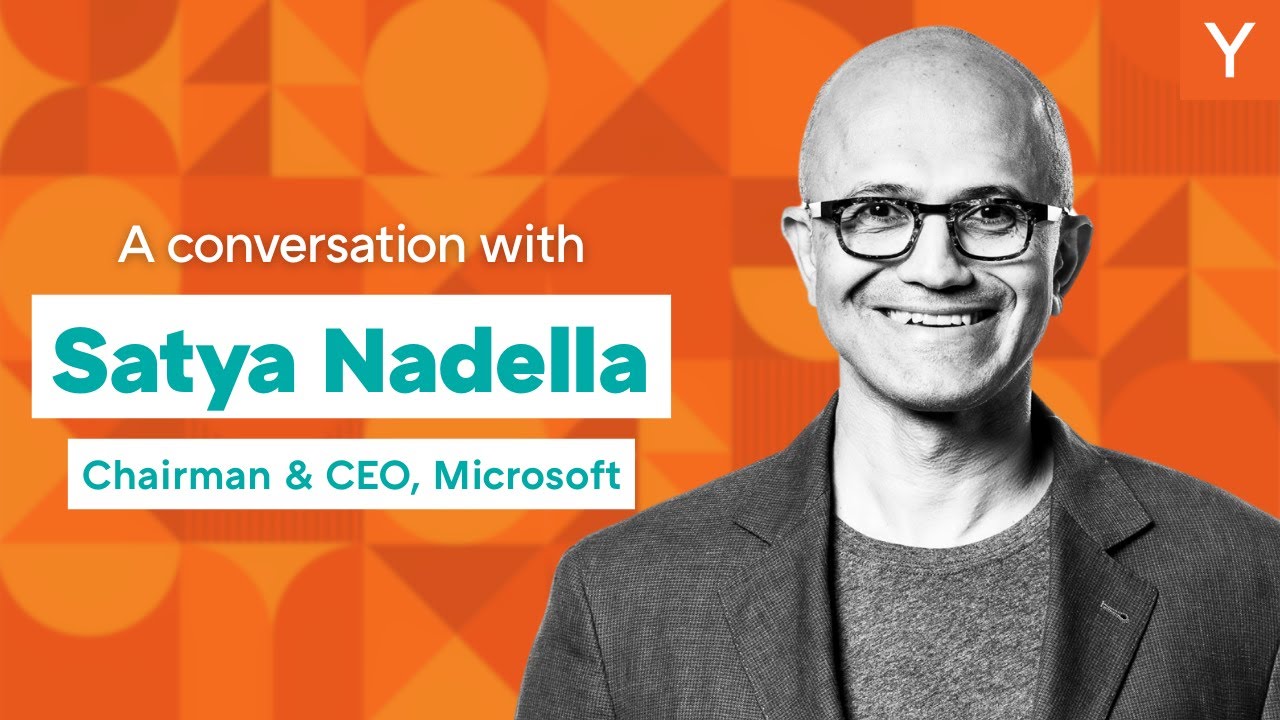Satya Nadella envisions AI as the next major platform shift that, built upon cloud infrastructure, will drive economic growth by enabling developers to create sophisticated applications while emphasizing human oversight, privacy, and social impact. He highlights ongoing technical breakthroughs and the evolving role of software engineers, advocating for AI tools that empower people, streamline workflows, and foster innovation across industries globally.
In this insightful discussion, Satya Nadella, CEO of Microsoft, emphasizes AI as a transformative tool rather than an anthropomorphized entity. He views AI as the next platform shift following client-server, web, mobile, and cloud computing, highlighting the compounding effect of building AI on top of existing cloud infrastructure. Nadella stresses that AI’s ultimate purpose is to drive economic growth by creating surplus value across industries and communities, and he envisions AI models becoming foundational like SQL, enabling developers to build sophisticated applications on top.
Nadella discusses the evolving nature of work and software engineering in the AI era, predicting that software engineers will transition into software architects who oversee AI agents and tools. He underscores the importance of human oversight, legal accountability, and the need for tools that allow humans to remain in control of AI systems. Change management is identified as a significant rate limiter for AI adoption, as workflows and job scopes must evolve to integrate AI effectively, requiring new roles and team structures.
On the technical front, Nadella highlights ongoing breakthroughs such as reinforcement learning and inference-time compute, while remaining open to future algorithmic innovations that could redefine AI development. He points out the critical role of memory, tool usage, and entitlements (access control) in building sophisticated AI agents. Furthermore, he sees AI integration into everyday computing—such as Microsoft’s Copilot in Windows—as a new paradigm that enhances user interaction through vision, speech, and trust, while emphasizing privacy, security, and sovereignty as essential considerations.
Nadella also reflects on the social impact of AI, sharing inspiring examples like AI-powered chatbots helping Indian farmers access government subsidies and educational interventions in Africa and Latin America. He stresses the importance of earning social permission for AI by demonstrating tangible benefits that improve lives and productivity, particularly by reducing drudgery in knowledge work and streamlining complex workflows in sectors like healthcare.
Concluding with personal insights, Nadella shares leadership lessons from his journey at Microsoft, emphasizing ambition, teamwork, and clarity in uncertain situations. He encourages the next generation of builders to focus on creating empowering tools that enhance human capabilities, akin to how Excel revolutionized data analysis. Nadella’s vision is clear: the future of AI lies in building accessible, impactful tools that put power in the hands of people, fostering innovation and economic growth worldwide.
